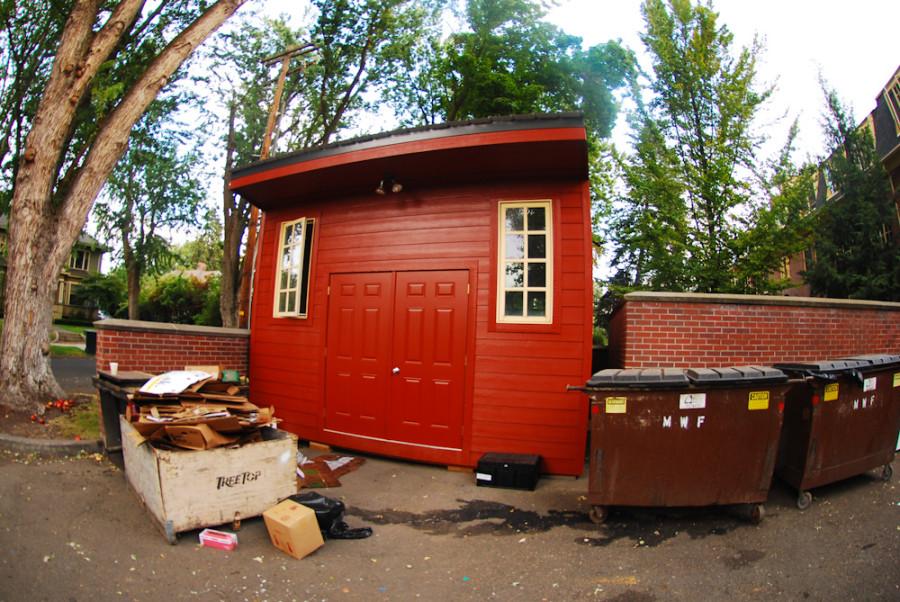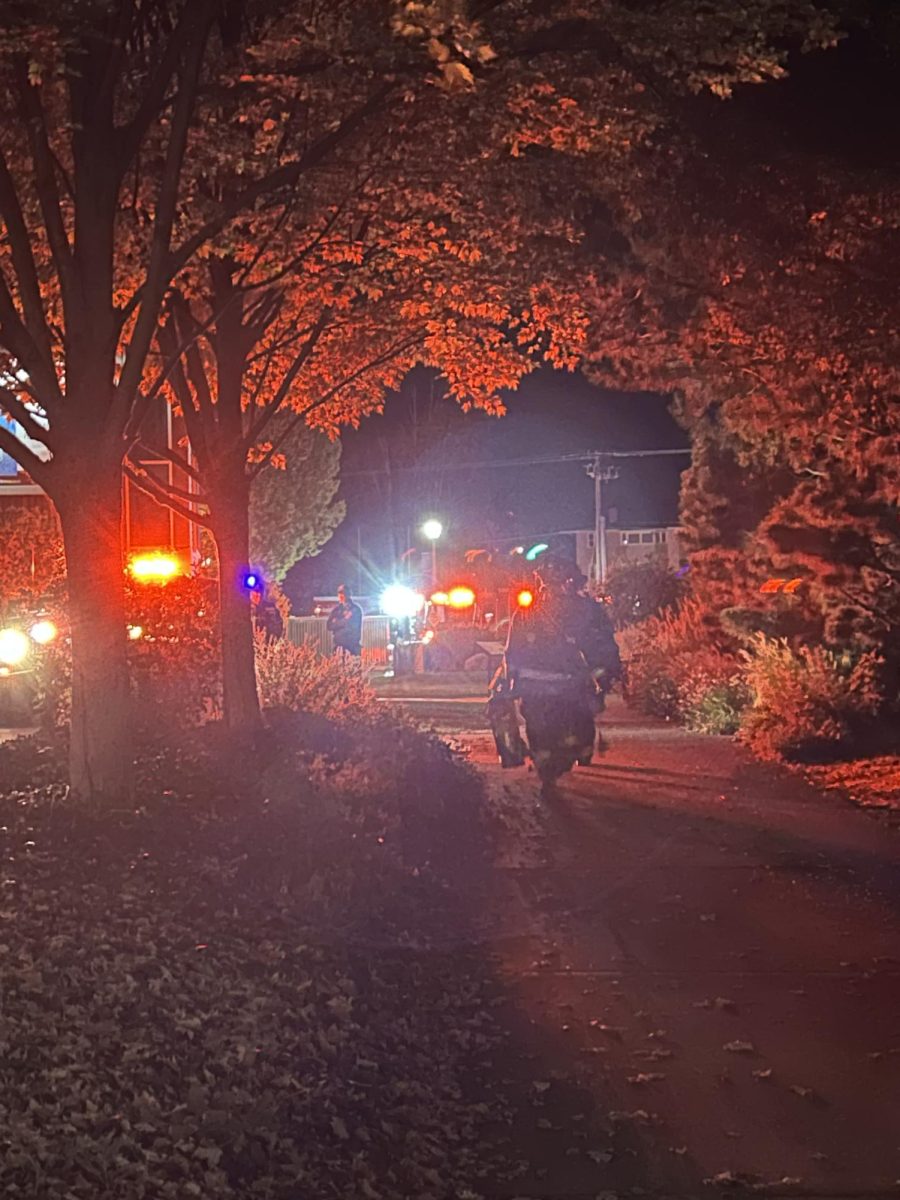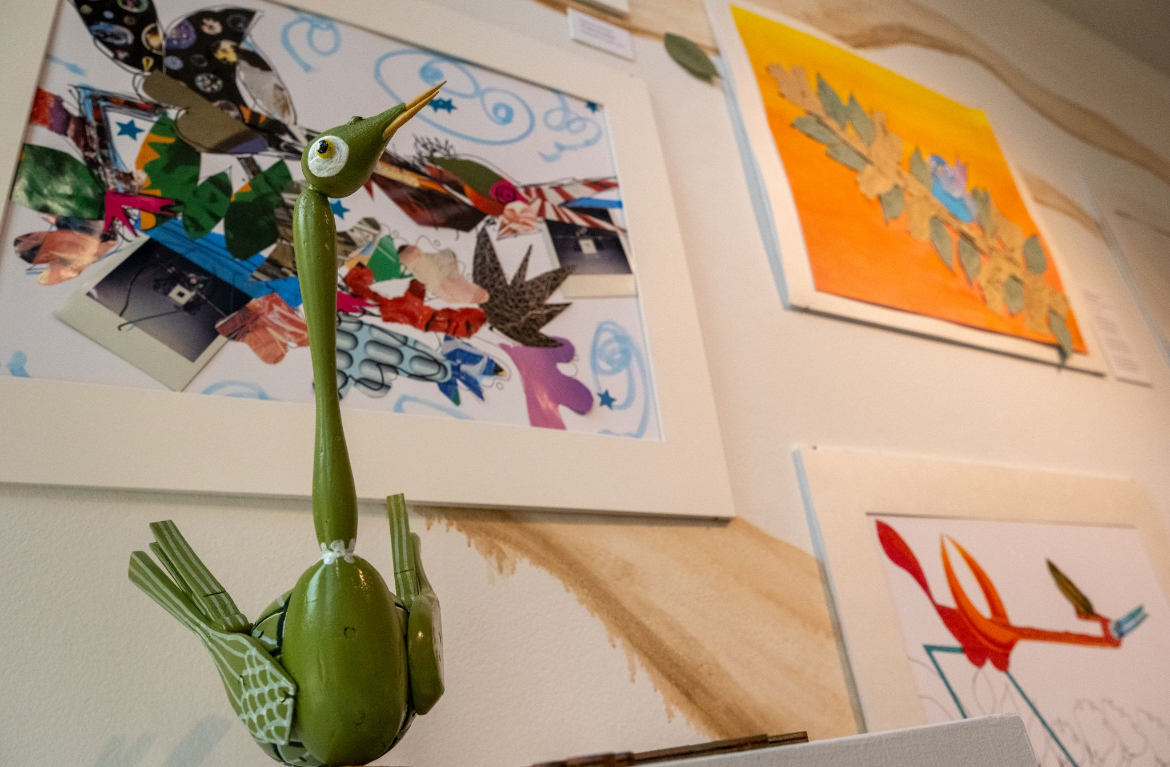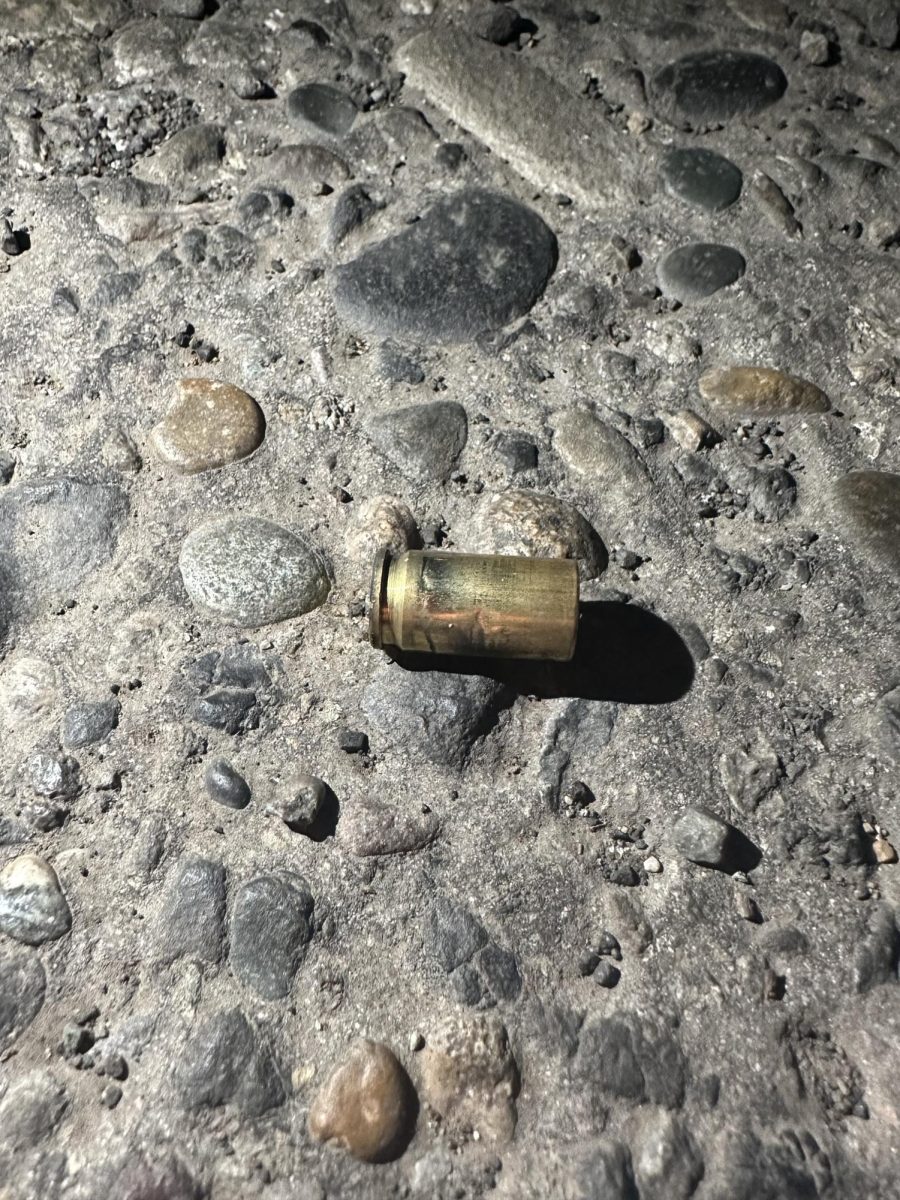While most Whitties’ daily wanderings don’t involve passing through a small corner of campus behind Jewett and Lyman, anyone who has recently walked along Stanton Street may have noticed a small red shed behind the dining halls. Soon, the shed will be home to 45,000 worms.
It’s all part of a new composting program put into place this year by a team of students from Campus Climate Challenge (CCC). The program looks to reduce the amount of garbage produced by the dining halls by providing an alternate place for the food waste to go.
“I think everyone’s kind of waiting right now,” said junior Hannah Siano, a member of CCC and one of the students who originally worked on the project. “The worms are living beings, and they have to settle for six to eight weeks [to] get acclimated before we can start putting food in and figuring out how that system’s going to work.”
Through a process known as Vermicompost, worms living in a five-by-eight-foot box inside the shed break down food waste into usable, high-quality compost that can be used around campus for landscaping purposes.
“[The worms] are coming in stages of 5000,” said Siano. “They’re being bred by Walla Walla Worm Works, so they’re actually local worms.”
Once the worms are settled, two interns and the CCC students will work with members of the landscaping staff and Bon Appetit to put food waste in and take the finished compost out.
“The finished compost will go and be stored at the Physical Plant and then they’ll go and use it on the landscape at Whitman,” said Siano. “It’s really cool because all of this waste used to be transported with gas to the landfill.”
The idea of composting isn’t new at Whitman, although programs have struggled in the past to keep the program running.
“For a school where environmental studies is one of the key majors, it just seems a bit ironic that we don’t have something,” said sophomore Ysa Diaz, a student from CCC who joined the effort to create the program. “At least an educational something.”
“I came from a school where I got a composting program started,” said junior Zoey Rogers, another student who worked on the project. “My freshman year at Campus Climate Challenge meetings, a couple of us wanted to see if we could get composting on campus.”
The group that formed from that desire wrote a grant and received two composting tumblers for Whitman’s use. They also started “Green Leaders,” a program in the freshmen residence halls, to encourage composting.
“We had an overwhelming response from people,” said Rogers. “It was great. Everyone was composting so much of their food that the tumblers couldn’t actually handle all of the food.”
The next step was looking into industrial-sized composters so that more food waste could be processed and not simply sent to a landfill.
“We looked at school systems around the country,” said Diaz. “We looked at small schools like Whitman, and we saw what they were doing. A lot of these other schools are in situations similar to us: they’re in a location that can’t accommodate for food waste.”
The group began by asking Walla Walla city administrators why no composting program existed, but discovered that the contract that used to exist between the City and the Penitentiary for composting their food waste ran out of funding.
“Once we heard from the city that it was going to be five to ten years before they started thinking about doing a food waste program, we said, ‘we need to bring this to campus,'” said Siano.
“Seattle has industrial composting companies that will take care of it for you,” said Diaz. “We needed to create a need for that system. There was a lot of grant writing to get this done.”
The group worked primarily with Bob Biles, the recycling coordinator from the Physical Plant, to determine what needed to be done to put the system in place. Biles saw the project as a viable idea and potentially great learning project.
“I’ve been involved from the outset,” Biles said, adding that the project was a huge undertaking for the students and involved a lot of legwork. “I have an investment in its success.”
Once up and running, the Vermicomposter will be able to process about 100 pounds of food waste per day, roughly the amount that Jewett produces.
“This is the trial run,” said Diaz. “We’ll see how much more food it can take. Hopefully this is going to be the stepping stone so the composting can be expandable.”








Steve • Oct 15, 2011 at 9:30 am
CCC,
I’ve been vermicomposting for 17 years and currently feed 30,000 worms. I feel I’m very experienced in vermicomposting so I would like to offer some advice.
In the real world, red wiggler composting worms eat 1/2 their weight in material per day under IDEAL conditions. At approximately 1000 worms per pound, and you stocking your bin with 45,000 they would eat 22.5 lbs of material per day. This includes their bedding so the estimate for the amount of actual collected waste would be a little less.
Also, in a 5′ x 8′ bin you will have approx. 1000 worms per sq. ft. with the initial 45,000 stock. In a successful worm bin the worms can multiply (in 3-5 mo. time) and thrive at 2000 worms per sq. ft. This implies that you will be able to handle more food waste per day. Worms consume pre-composted food waste faster than food straight from the kitchen, cafeteria, etc.
I think your program is wonderful, and I wish you success. I’m not selling anything, just offering advice to aid in your success. I used to drive past the college while going to work and love the area. If you have any questions feel free to e-mail me.
Regards,
Steve